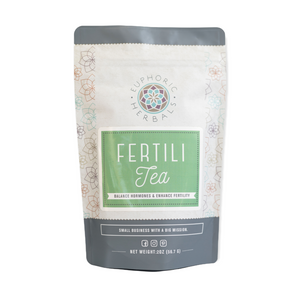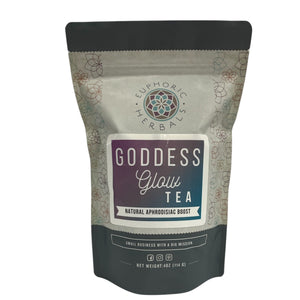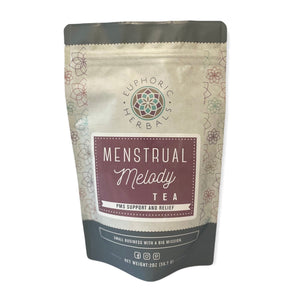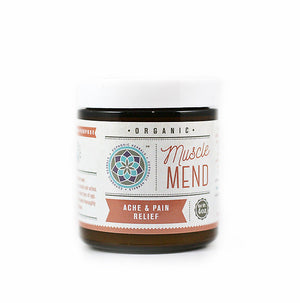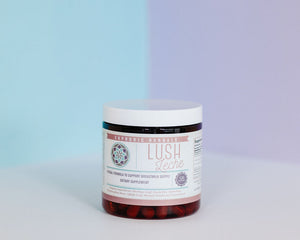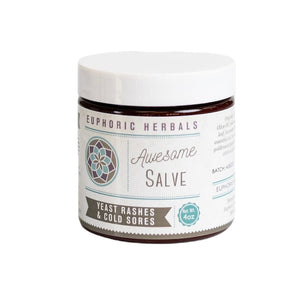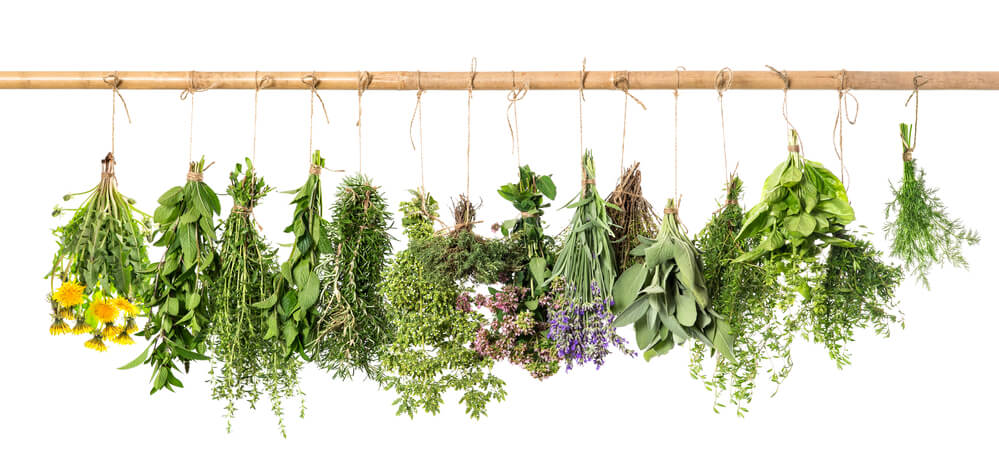Herbs are some of the most beneficial and healing ingredients you can use for your skin. Many high-end skincare products advertise the power of plant extracts and oils for beautiful skin.
The good news is, you don't have to buy expensive creams, lotions, etc. to get the benefits of using botanicals for your skin. You can simply grow or buy your own herbs and add them into your skin care routine.
Plants are packed full of antioxidants, vitamins, and other nutrients. Some can soothe dry skin, others can balance oily skin, and still others can heal skin conditions.
If you'd like to add the power of nature to your skincare routine, here's a list of the top herbs that will benefit your skin.
Lavender

Lavender is a very popular and well-known herb with many benefits for skin. It has anti-inflammatory and antimicrobial properties that can soothe irritated skin and fight breakouts. (1)
Lavender helps to balance oil production and has antioxidants that fight signs of aging. It's good for all skin types, including those with sensitive skin. Lavender is one of the best all around herbs for skin.
Using Lavender: You can infuse lavender into oil or water and use the infusion to make creams, lotions, a facial toner, or a hair rinse. You'll often see lavender in natural skincare products like soap bars, lotions, salves, shampoos, and herbal bath teas.
Calendula

Calendula has long been one of the best herbs to use for healthy skin. It's anti-inflammatory, hydrating for dry skin, and packed with antioxidants. (2) Calendula also promotes cell repair and skin healing.
You can use it to help heal acne, eczema, and other inflamed skin conditions. Calendula is also a great choice for those with sensitive skin.
Using Calendula: Calendula is most often infused into oil and used to make creams, salves, balms, etc. It can also be infused into water and used for a toner, facial wash, or hair rinse.
If you have dry or sensitive skin, look for calendula-infused products like this Calm Cream.
Burdock

Burdock root is one of the best herbs to use for irritated, inflamed, and breakout-prone skin. You won't necessarily see it in commercial skincare products, but it's great to have on hand if you have "problem" skin.
Burdock root has antibacterial and anti-inflammatory properties along with antioxidants that fight signs of aging. (3) Burdock also works when taken internally by cleansing the body of toxins that cause skin issues.
Using Burdock Root: You can make a simple burdock root tea by simmering the herb with water for 20-30 minutes. Use the tea as a wash for irritated skin or add it to bath water.
You can also drink a few cups of burdock tea a day to cleanse skin from the inside out.
Chamomile

Chamomile is a popular herb to use in herbal teas for sleep and anxiety, but it can also calm dry, troubled skin. It has a natural anti-inflammatory effect and can reduce puffiness. (4)
Unless you have an allergy to members of the ragweed family, chamomile is gentle enough for the most sensitive skin. It also adds a sweet, natural fragrance to skincare products.
Using Chamomile: Chamomile can be used in oil or water infusions and added to creams, lotions, toners, and more. It can also be made into a tea and used as a wash for inflamed or irritated skin.
Because it is so gentle, chamomile is a key ingredient in this baby balm that's suitable for little ones and sensitive skin.
Rose

Rose is one of the most commonly used herbs in skin care products because of its fragrance and healing properties. It's mildly astringent with anti-inflammatory and anti-aging properties.
Rose is moisturizing, nourishing, and helps to tone and rejuvenate skin. Though beneficial for all skin types, it especially supports mature skin.
Using Rose: There are many ways to use roses for skincare: rose petals, rose hips, rose essential oil, etc. Rose water or hydrosol can be used on its own as a gentle facial toner.
You can get the benefits of all the vitamins and minerals packed into rosehips by using this Calm Cream for sensitive skin or this natural bar soap.
Comfrey

Comfrey is one of the best herbs to use for damaged or inflamed skin. It's a good option to add to your skincare routine if you have eczema, acne, psoriasis, or another kind of skin eruption.
Comfrey can also be used as a poultice to cover wounds and speed healing.
Using Comfrey: Comfrey can be infused into oil and used to make healing creams and lotions. It can also be infused in water and used as a wash for irritated or inflamed skin. Comfrey should only be used externally.
If you want a ready-made product for cuts, rashes, bug bites, etc., try this comfrey-infused super salve.
Marshmallow

Marshmallow root is a great herb to use if you have dry skin. It's a rich source of mucilage, which means that it's excellent at moisturizing dry skin and soothing inflammation. (5)
Marshmallow root has specifically been shown to help with skin conditions like eczema and dermatitis. (6) It can also even out your complexion and help with breakouts.
Although beneficial for dry skin, marshmallow moisturizes without increasing oil production, which makes it suitable for any skin type.
Using Marshmallow Root: The dried root can be soaked in cold water overnight to make an infusion. It can also be infused in oil and used to make lotions or cream. Marshmallow can especially be effective for dry and chapped skin when combined with chamomile.
Other Herbs for Skin Care
Witch hazel is a good choice for oily or combination skin. You'll see it in many commercial toners, especially for acne. You can make your own toner by infusing the leaves in water.
Lemon balm is also a good option for oily or acne-prone skin. It's mildly astringent and has antibacterial properties. Use it as a toner to cleanse, balance, and refresh skin.
Mint (especially peppermint) can be used to cool and refresh skin as well as fight breakouts. Use the essential oil in a DIY sugar scrub or make a tea and add it to bath water. You'll also find it as a refreshing ingredient in lip balm and bar soap.
Plantain and chickweed are two common "weeds" that can soothe and nourish dry, itchy, and irritated skin. Red clover is a natural anti-inflammatory and often used for eczema or psoriasis.
Precautions When Using Herbs for Skin
While herbs are a much better and safer choice for skin than chemicals, it's always a good idea to use caution when first trying them.
All of these herbs are safe for external use with few, if any, side effects. The most common side effect would be an allergic reaction to a specific herb or flower.
To be safe, do a small patch test first with skincare products made with herbs. If there is any reaction, wash off the area and discontinue use.
The Benefits of Herbs for Your Skin
The bottom line is that no matter what type of skin you have, herbs will only benefit your skincare routine.
Plants are filled with compounds and antioxidants that are essential for healthy skin. Instead of buying expensive products with botanical ingredients, you can use common herbs to get the same benefits.
Start experimenting with herbs like lavender, rose, or calendula until you find your perfect skin care routine!






















































